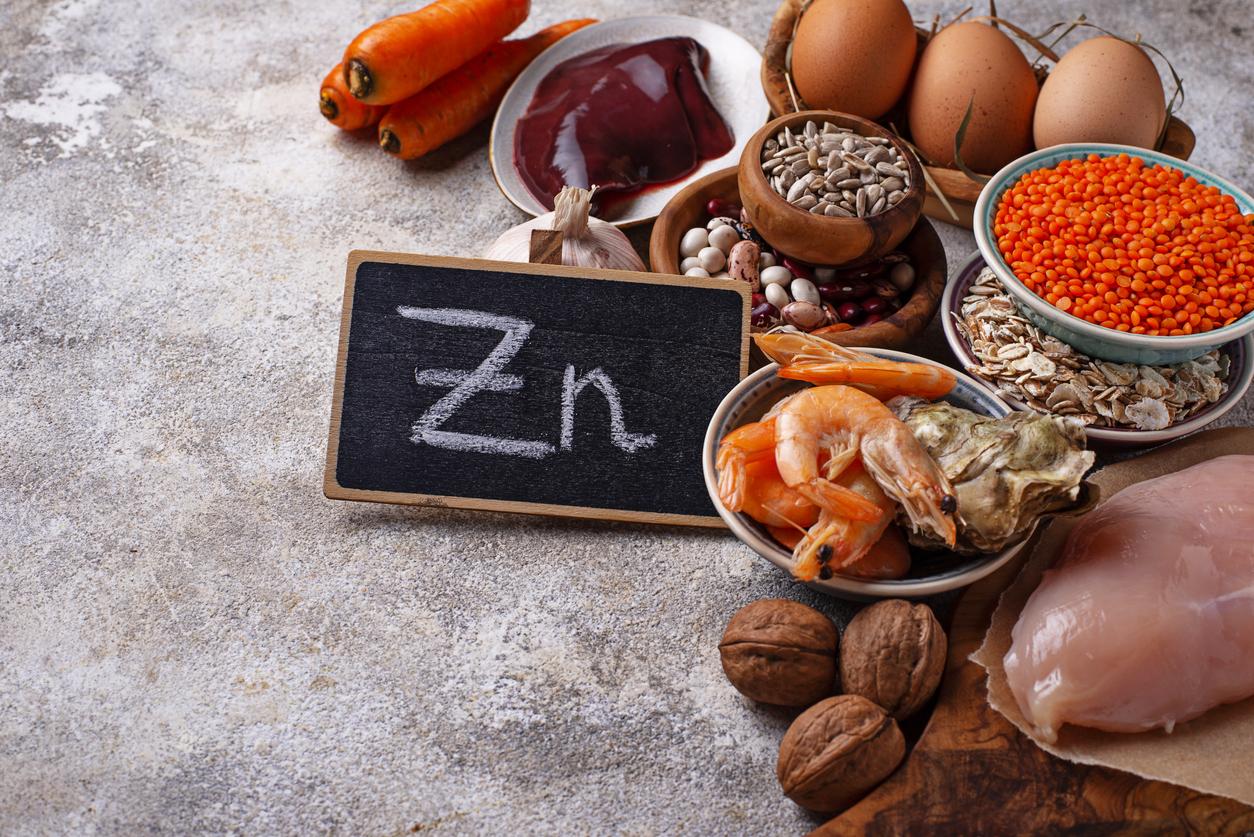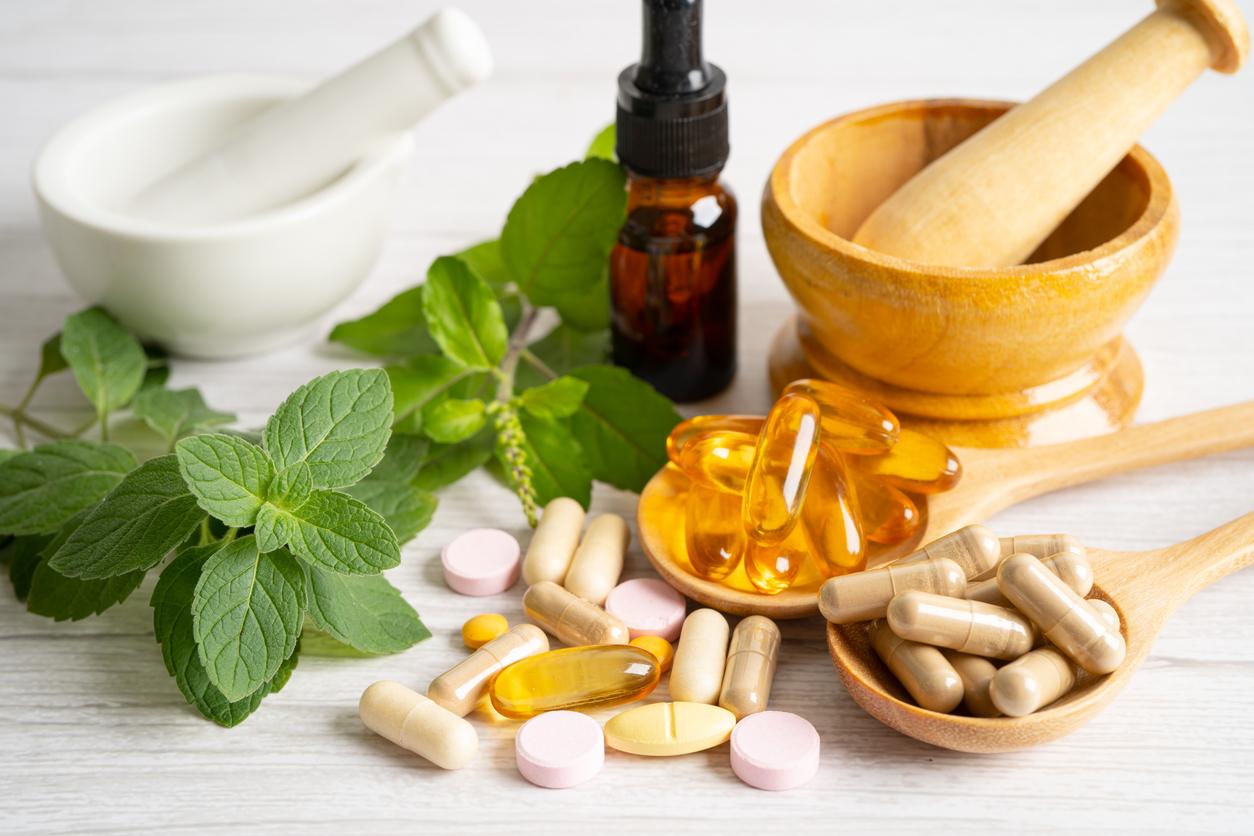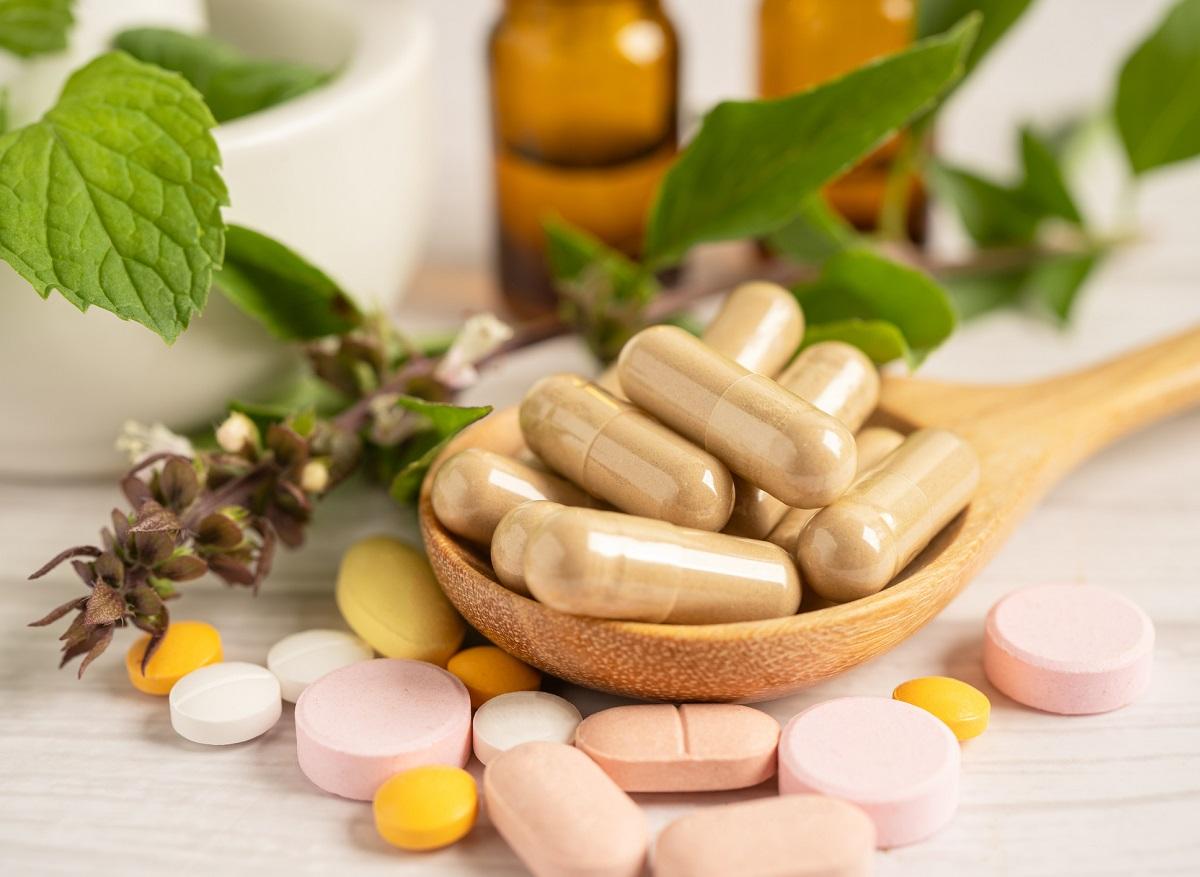Among the minerals essential to our health, we often mention magnesium or iron. Yet potassium is as important as the others.
the potassium is one of the minerals essential to our body since it is used to contract our muscles, our heart, or to make our kidneys work properly. It is also he who helps to transmit nerve impulses, etc. But he does not act alone. It teams up with sodium. Together they guarantee the acid-base balance of our cells. “If it does not receive enough potassium and too much sodium, the body becomes acidic. This increases the risk ofhigh blood pressureextracellular water retention, osteoporosis or kidney stones”, says Florence Guinfolleau, dietitian nutritionist.
In order not to lack potassium, it is necessary to focus on legumes (lentils), vegetables (spinach, mushrooms, broccoli), fruits (bananas, citrus fruits), dried fruits (apricots) and oilseeds (walnuts).
The recommended amount is around 2 g per day. “An insufficient intake of these foods can induce deficiencies. This lack is very often associated with an excess of sodium, and therefore salt, intake. Salt found in cold meats, cheeses, ready meals, crackers, etc.”, adds the specialist.
When the decrease in potassium is severe, we then speak ofhypokalemia. This is the case when the concentration in the blood drops below 3.5 mmol. Whereas in normal times it reaches around 4 mmol/L. Before you get there, there are a number of signs that can alert you. Which ? Answers in pictures.























